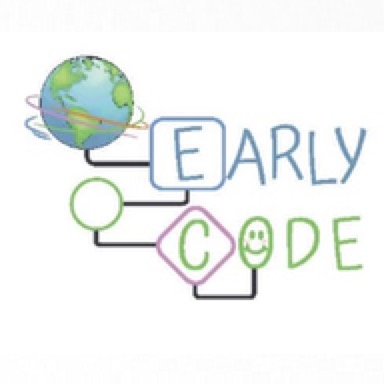24/09/2019 - Courses for Teachers, Projects
Riga, Latvia: transnational meeting of the Erasmus Plus project "EARLYCODE"

 Reading time: 1 minute
Reading time: 1 minuteThe third transnational meeting of the European project Erasmus+ EarlyCode has just ended. The experimentation of "coding unplugged" is underway.
Erasmus plus EARLYCODE is dedicated to designing a curriculum and educational materials for university students who wish to devote themselves to teaching and research on tutoring methodologies for children aged 4-7 years. The curriculum that will be drafted can be adopted by European universities as a text for the training of teachers and tutors. The main tools that will come from EARLYCODE will be of the type "unplugged", ie that the concepts and operations of coding will be expressed to children 4-7 years without a computer.
The meeting was hosted by the Latvian partner, at the Department of Science of the University of Latvia, and was held from 17 to 19 May 2019.
After a discussion about the current state of progress of the project, the final elements for the realization of a survey questionnaire on the current knowledge and interest, on the part of aspiring teachers of pre-school courses, in the use of educational robotics and in teaching coding and computational thinking were examined. It was decided to postpone to a future discussion the finalization of the IO-1, or the production of a curriculum of studies to be dedicated to universities in partner countries.
Irish partner Early Years colleagues then presented the dissemination plan, i.e. the strategies for disseminating and making the results of the project available to the public. In parallel to this, the technicians of the AEU University in Turkey presented the new website (earlycoders.org), the management strategies and analyzed the possibilities offered by social media.
Then Scuola di Robotica, as leader of the implementation of IO-2 - i.e. the resources to be dedicated to teachers - presented a work proposal, dividing the tasks among the parnter. Summarizing the decisions, it was decided to produce an online textbook containing: an introduction section and didactic methodology, a series of lesson plans directly accessible to teachers, a series of models of lesson plans with the invitation to teachers to create their own lessons and finally a section with instructions on how to evaluate the learning of students. The lesson plans will focus on five key topics, namely: body games to have perception of body, space and position, sequences and sequences of events, coding, cycles and expectations, operator of choice (if... then).
After reviewing the latest documents and formal aspects, the meeting ended with the appointment of the future training course and meetings that will be held in Genoa at the end of March 2020.

